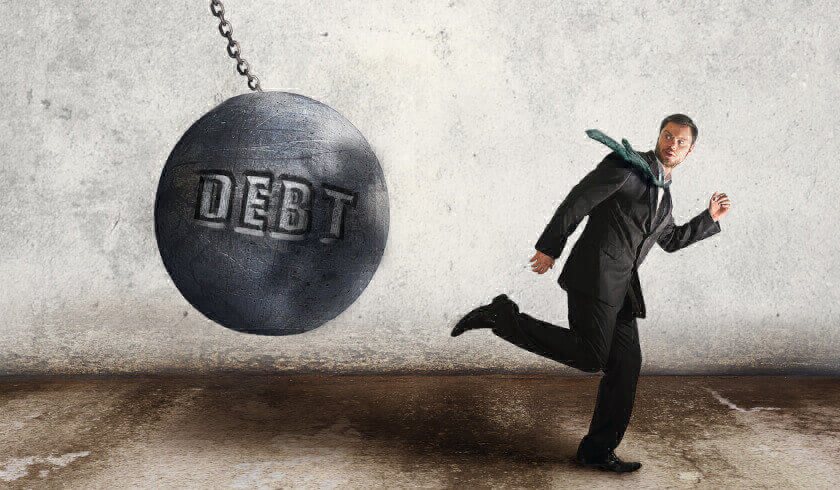On risk management: ‘Any debt is debt’, says accountant
A lot of investors believe in the concept of good debt and bad debt, but for Integrity Plus Accounting’s Scott Kay, all debt can negatively impact a portfolio at the end of the day.

As an investor, Mr Kay does not necessarily consider himself risk-averse, but he has always put emphasis on the importance of putting the right buffers in place.
For one, he worked to start his own business to maintain a steady cash flow through the years.
He has also maintained a low loan-to-value ratio on most of his properties so, instead of worrying about repayments, he could channel most of his funds on his growing business as well as his family.
For him, all debts will most likely have a negative impact on the wealth he’s trying to create.
The accountant explained: “Any debt is debt. If you have a $3 million-property portfolio and a $2 million-loan, then that is debt, and property means the bank can always sell the property.”
“For example, there's the girl who bought in all the mining towns. She was everyone's favourite property investor guru, but then she went from a $3 million equity position to a negative equity because those properties demolished in value.
“That highlights the fact that debt is debt and the property selection process is important,” he added.
Picking the right property
Instead of good debt and bad debt, Mr Kay encouraged investors to know the difference between good and terrible investments.
Your portfolio must consist mostly of properties that are unlikely to fall in value significantly.
If, for some reason, you choose to hold on to ‘bad properties’, they must only be a small percentage of your portfolio, the accountant said.
“The more wealth you have, the more risks you can take,” he highlighted.
For example, if you have 20 to 30 properties, having one bad property in your portfolio will hardly make a dent in your wealth-creation potential. The chances are that the profits from the good properties are making up for the loss on the bad property.
On the other hand, if you have two properties and one of them is a poor performer, you are more likely to feel the negative impact because you may not have the capacity to turn the overall position of your portfolio around.
Mr Kay encouraged investors to manage their debt and finances well right at the beginning of their wealth-creation journey.
If you end up carrying too much debt in your portfolio from the start, it may be harder purchase to one property after another and build an impressive portfolio.
According to him: “If you're trying to swim 1,500 metres and you've got a 5-kilo weight on you, it doesn't feel that much at the start, but it's going to stop you from reaching your goal.”
Strategy
Of course, the strategy that he recommended is easier said than done, Mr Kay admitted.
Maintaining low debt from the beginning of your journey is crucial but it’s also difficult to accomplish, especially during the first two years.
“I did it all myself, and I wouldn't necessarily make that choice again,” the accountant shared.
Mr Kay encouraged budding investors to seek the help of good and trustworthy professionals as they jumpstart their wealth-creation journey.
He said: “I would've got the right advice at the time to try to help me invest. Now, I realise the cost of getting that advice. My equity gains could've been better if I'd had that advice 10 years ago.”
Tune in to Scott Kay’s episode on The Smart Property Investment Show to find out more ways to save money from the start of your investment journey.

